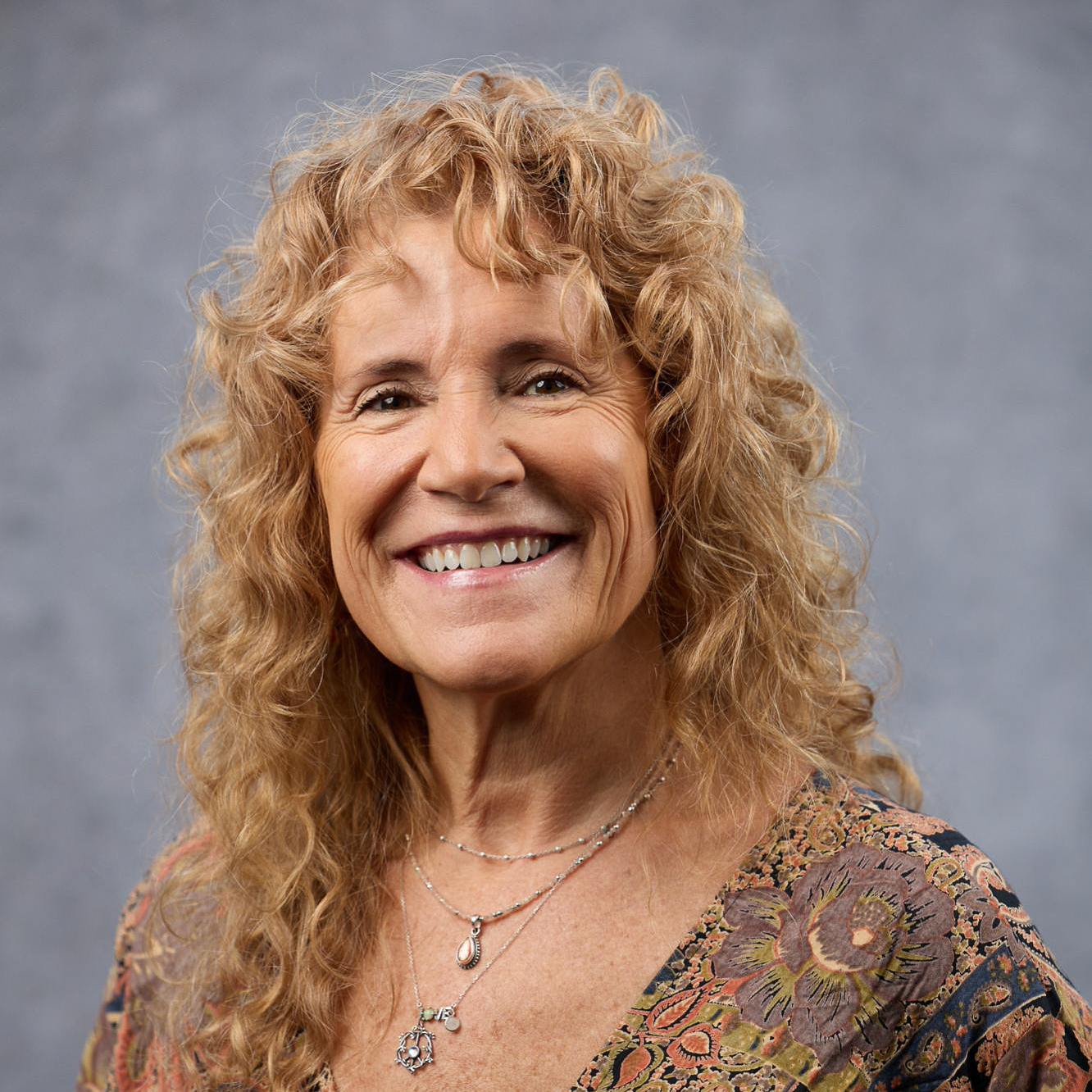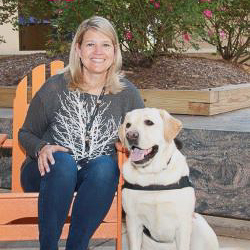Overview of the Three Centers Often Created in the Aftermath of Mass Violence Incidents
Thursday, March 27, 2025
3:00 - 4:30 PM EDT
This 13th Virtual National Town Hall on Mass Violence was hosted by the National Mass Violence Center and the U.S. Department of Justice Office for Victims of Crime.
Key Takeaways

Angela Moreland, Ph.D.
Consistency across terminology of the three Centers: Friends & Relatives Center (FRC); Family Assistance Center (FAC); and Resiliency Center (RC) is crucial for victims and for all allies – to ensure that we are serving communities following mass violence.

Krista R. Flannigan, J.D.
Victim services should be a part of response plans and planning so that trained and vetted advocates can be deployed immediately.

Dr. Staci A. Beers, DSW, LSW
Participants will learn about the development and promotion of a Family Assistance Center (FAC) that is accessible to victims after a mass violence incident. Participants will also learn about common resources that victims access following a mass violence incident.

Anne Seymour
This National Town Hall is your entry into my best strategy, which is to “know before you need to,” and really dive into the many resources available from the National Mass Violence Center, the FBI Victim Services Division, OVC TTAC, and the Office for Victims of Crime. We, along with many of our partners, are here to support you as you - hopefully - begin to plan in advance for MVIs, and specifically, the three Centers that we’ve discussed today. Visit our websites and reach out with any technical assistance needs!
FEDERAL RESOURCES
FBI, Trauma Notification Training (an online training module to prepare professionals for making a sensitive death notification with professionalism, dignity, and compassion using a four-step process)
FBI Victim Services Division, Victim Services Response Team
FBI, Crisis Communication with Victims and Families: A Guide for Senior Officials
Office for Victims of Crime (OVC), Helping Victims of Mass Violence & Terrorism: Planning, Response, Recovery, & Resources Toolkit
OVC Antiterrorism Emergency Assistance Program (AEAP)
National Transportation Safety Board (NTSB), Mass Fatality Incident Family Assistance Operations: Recommended Strategies for Local and State Agencies
VICTIM SERVICE PROFESSIONALS
National Child Traumatic Stress Network, Psychological First Aid
National Organization for Victim Advocacy (NOVA), Crisis Response Resources
ELECTED OFFICIALS & COMMUNITY LEADERS
National Center for Victims of Crime, National Compassion Fund
UnitedOnGuns, Mass Shooting Resources for Mayors
LAW ENFORCEMENT | FIRE | EMERGENCY RESPONDERS
Code Green Campaign, Programs and Services First Response Mental Health, PeerConnect
International Association of Chiefs of Police (IACP), Peer Support Guidelines
Substance Abuse and Mental Health Services Administration (SAMHSA), Response Peer Support Survive First,Your Life Matters
The Benjamin Center for Public Policy Initiatives, Institute for Disaster Mental Health, New York State First Responder Mental Health Needs Assessment
HOSPITALS AND HEALTHCARE
American Hospital Association, Hospitals Against Violence/ #HAVHope Resources
